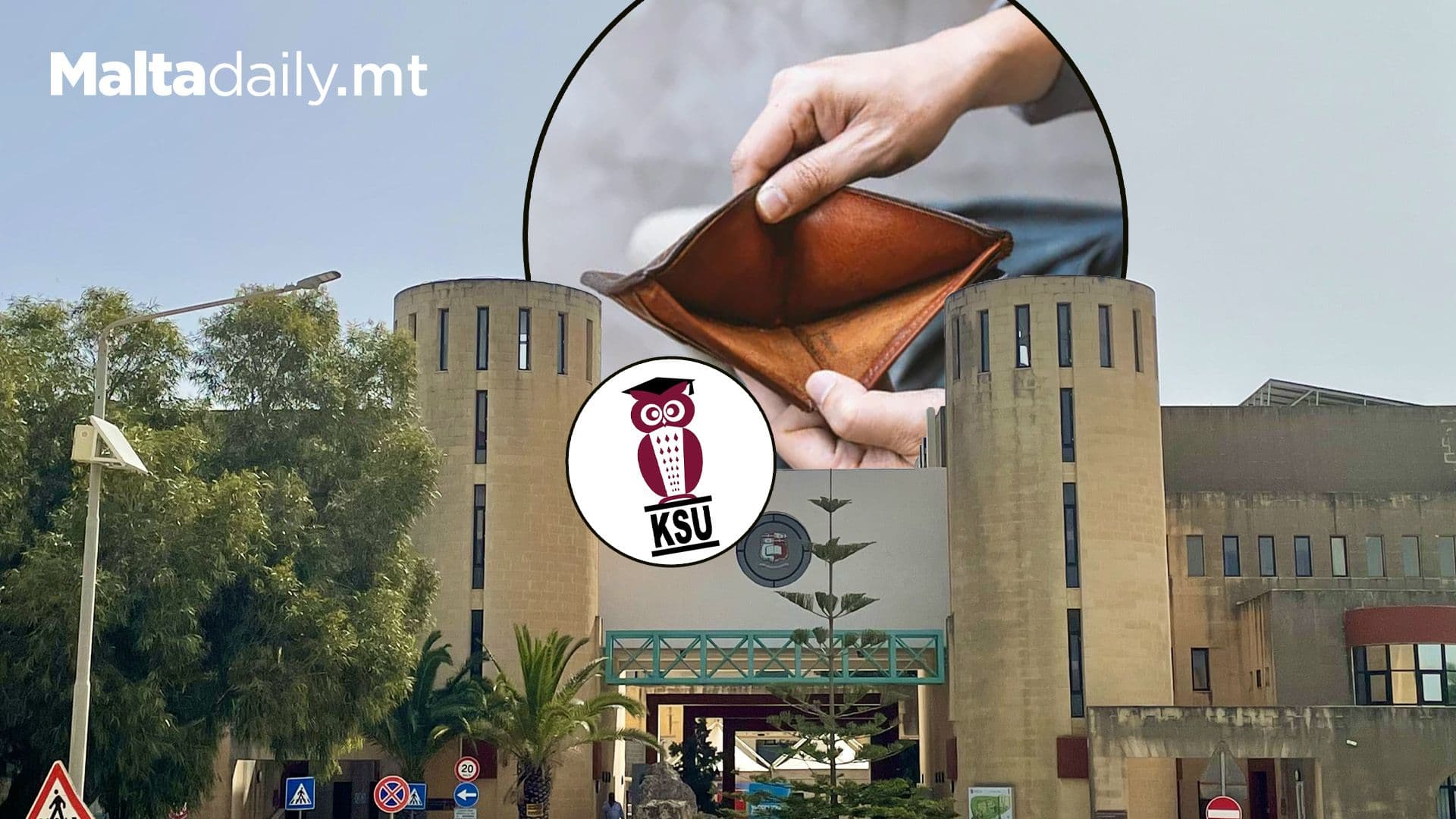University Students Call For Higher Wages

The KSU Education and Social Policy Commission is deeply concerned about the escalating cost of living in Malta and its detrimental impact on students.
A recent KPMG survey revealed that wages in Malta failed to keep up with the 5.7% inflation rate in 2023, increasing only by 1.5%. This disparity poses significant challenges for students, hindering their access to education and extracurricular opportunities.
High living expenses, particularly in housing and food, limit students’ participation in programs like Erasmus+ and engagement in student organizations and university events. Financial support for such programs falls short, leaving many unable to afford rent abroad.
Consequently, students miss out on holistic education and cultural experiences vital for personal growth.
The Commission proposes several policy changes to alleviate financial pressures on students.
Firstly, advocating for a liveable minimum wage pegged at 60% of the median wage, aligning with EU standards. Secondly, promoting financial literacy within the school curriculum to equip students with budgeting and financial decision-making skills.
Thirdly, urging institutions to provide institutional licenses and financial grants for necessary software and equipment. Fourthly, advocating for adequate remuneration for all students undertaking placements.
Finally, seeking improvements in non-commercialized recreational spaces to enhance students’ quality of life. These interventions aim to address the pressing financial challenges faced by students, fostering a supportive environment conducive to their academic and personal development.
#MaltaDaily


